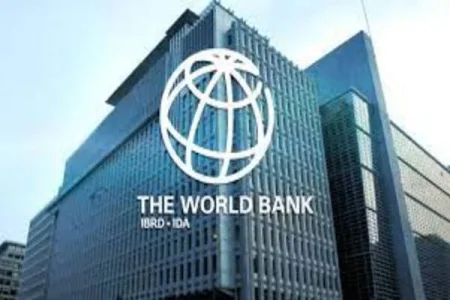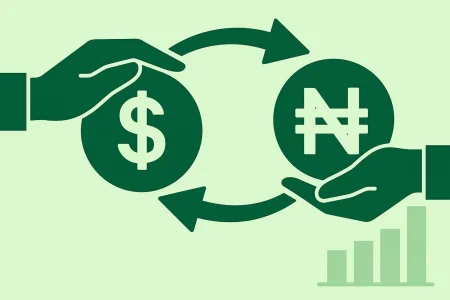
Nigeria secures $751.88 million from World Bank's $1.5 billion loan for economic reforms. The RESET program aims to boost revenues, expand social safety nets, and liberalize imports. Conditions include VAT reforms and executive orders. World Bank to monitor Nigeria's compliance with agreed reforms.
In a significant development for Nigeria's economic reforms, the World Bank has disbursed $751.88 million as part of a recently approved $1.5 billion loan. This funding, released under the Nigeria Reforms for Economic Stabilization to Enable Transformation (RESET) program, marks a crucial step in the country's efforts to stabilize and transform its economy.
The loan package, consisting of a $750 million International Development Association (IDA) credit and a $750 million International Bank for Reconstruction and Development (IBRD) loan, aims to support key reforms across various sectors. The disbursed amount includes the entire IDA credit and a small portion of the IBRD loan, leaving $748.13 million yet to be released.
The RESET program focuses on four main objectives: increasing oil revenues, boosting non-oil fiscal revenues, expanding social safety nets, and liberalizing imports. These goals are designed to address Nigeria's pressing economic challenges and promote sustainable growth.
To access the full loan amount, Nigeria must meet specific conditions, including implementing a presidential executive order on fiscal transfers, reforming the Value-Added Tax system, and revising the National Social Investment Program Bill. The government has already made progress in some areas, such as adjusting gasoline prices and initiating cash transfer programs.
As Nigeria moves forward with these reforms, the World Bank will closely monitor the country's compliance with the agreed-upon conditions. This loan represents not just a financial boost but also a commitment to significant structural changes in Nigeria's economy, potentially shaping its fiscal policies and social programs for years to come.



